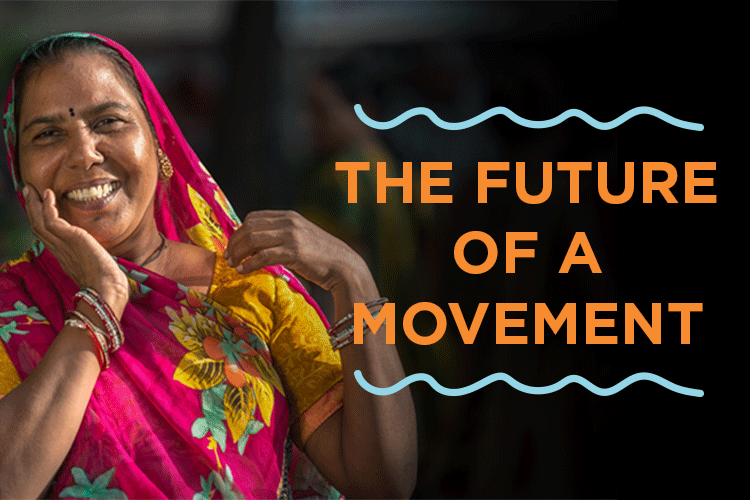|
Earlier this week on the opening day of the 74th UN General Assembly, world leaders adopted the high-level UN Political Declaration on universal health coverage, the most comprehensive health agreement ever made at this level, calling “health for all” a right, not a privilege. UN Secretary General Antonio Guterres affirmed, “The Political Declaration also states the need to ensure universal access to sexual and reproductive health-care services and reproductive rights [as] essential to protect the wellbeing and dignity of women and girls.” As we march toward 2030 and beyond, we will be guided by the concepts reaffirmed this week at the UN – of equity, inclusivity, and health for all. For FP2020, continuity and sustainability will remain critical. Our vision for this partnership beyond 2020 continues to put women and girls at the center, focusing on their needs, and finding new ways to better serve them. In the coming days we will post a revised vision framework on the Beyond 2020 webpage, and we look forward to your feedback and to working with you in this critical effort. Having just returned from attending – for the first time – the International Confederation of Midwives Africa Regional Conference in Namibia, and gearing up for ICPD+25 in Nairobi, the people of this movement are front of mind, as always. Women like the midwives who every day bring new life into our world – often without all the resources they need or the recognition they deserve; the women and men who advocated to include family planning in the original sexual and reproductive health and rights frameworks; those who understood the urgency of women’s need for family planning long before Cairo and carried that charge to ICPD; and the FP movement who now are preparing to head to Nairobi because they know that what was started in Cairo must be advanced in Kenya. And of course the millions of girls and women worldwide who want to prevent pregnancy by using contraceptives. That’s why this issue focuses on stories of access. Women have a variety of reasons for why they aren’t using contraceptives, but one of them is simply a lack of access. Maybe they arrive at a clinic and are only offered one or two options, or their preferred method is out of stock. Maybe their age or sexual identity and fear of discrimination prevents them from visiting the clinic in the first place. Maybe, due to an absence of quality health care where they live, there isn’t a clinic or a service provider within reach. Thank you, Beth Schlachter |
Newsletter: The Future of a Movement
